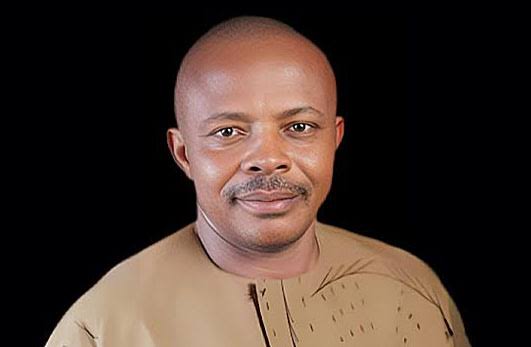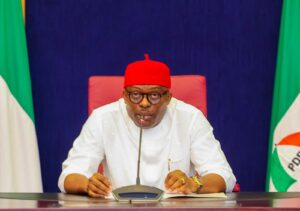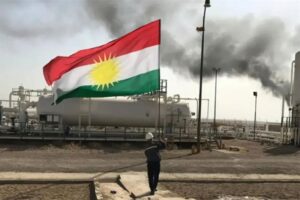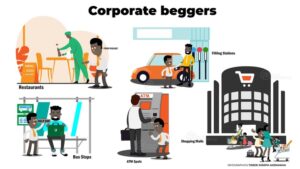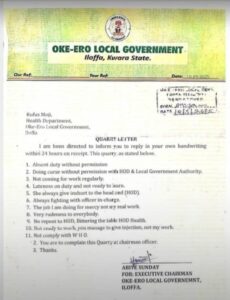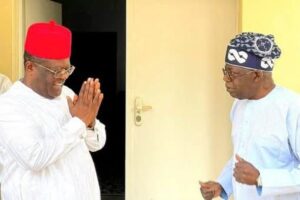In a recent interview on the Morning Show of Arise TV, Joe Ajaero, the President of the Nigeria Labour Congress (NLC), shed light on the reasons behind the acceptance of a N70,000 minimum wage by organized labor. This decision was made during critical negotiations with President Bola Tinubu at the Presidential Villa in Abuja.
The discussions surrounding the national minimum wage were contentious, with the NLC initially demanding a higher wage of N250,000. However, the negotiations faced challenges as many state representatives expressed their inability to meet this demand. Ajaero revealed that the discussions had stalled at a proposed wage of N62,000, which was met with resistance from various stakeholders.
During the meeting, President Tinubu presented a deal that placed labor leaders in a challenging position. He suggested that if the organized labor accepted an increase in the price of petroleum products, he would approve their demand for a minimum wage of N250,000. This was a critical moment in the negotiations, as the implications of rising fuel prices would significantly affect workers’ living conditions.
Ajaero recounted how President Tinubu highlighted the cost of petrol in other West African countries, where prices were considerably lower. The president stated that he would facilitate a trip for the labor leaders to see these prices firsthand. However, Ajaero and his team rejected this offer, stating they did not want to be influenced by such comparisons.
Feeling the pressure, the NLC leaders requested a week to consult with their members and stakeholders before making any decisions. Ajaero noted that they did not have a mandate to discuss the price of petroleum products; their focus was strictly on the minimum wage. Upon reconvening, they firmly stated that their discussions would not include petrol prices, which allowed them to negotiate solely for workers’ rights.
Ultimately, after thorough deliberation, they accepted the N70,000 minimum wage as a compromise. Ajaero emphasized that while this amount fell short of their original demand, it was a necessary step to ensure workers received some increase amidst the ongoing economic challenges.
After the announcement of the N70,000 minimum wage, questions arose about the implications of the rising petrol prices and whether this agreement undermined the trust between the NLC and the government. Ajaero clarified that the decision to accept the wage was made in light of the current economic climate and the need to protect workers from further hardships.
In his closing remarks, Ajaero reiterated the NLC’s commitment to advocating for workers’ rights and ensuring that their voices are heard in future negotiations. He acknowledged the complexity of the discussions but emphasized that the labor union would continue to push for better wages and working conditions.
The acceptance of the N70,000 minimum wage by the Nigeria Labour Congress illustrates the challenges faced by labor unions in negotiating fair wages in a difficult economic environment. As the nation grapples with rising fuel prices and economic uncertainty, the NLC remains dedicated to representing the interests of workers while navigating the complexities of political negotiations. The dialogue between labor and government will be crucial in shaping the future of workers’ rights in Nigeria.
